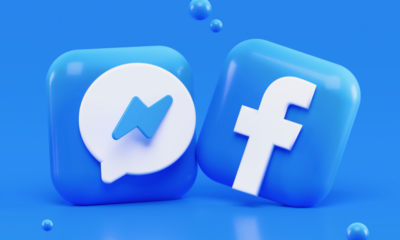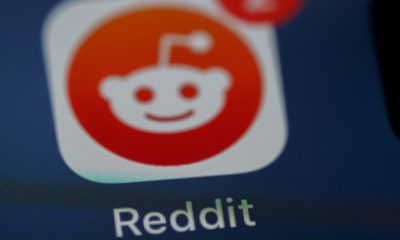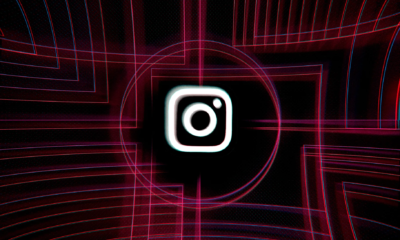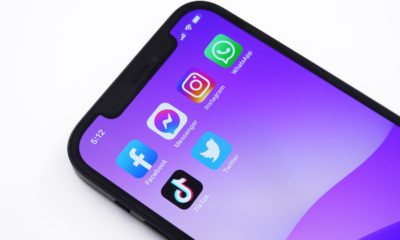Digital Culture
Social Media’s Impact on Your Mental Health
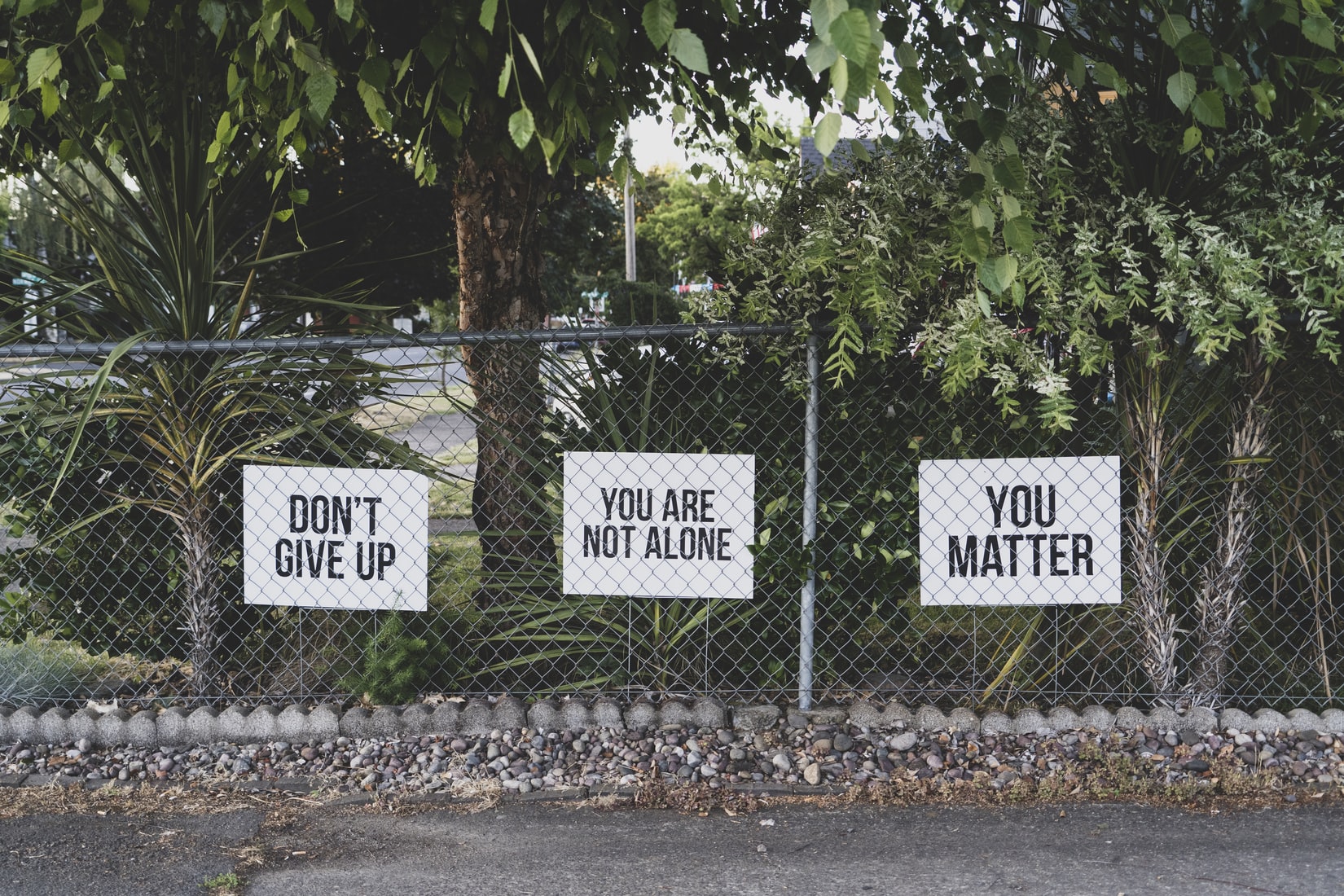

A large issue that has arisen from social media usage is the issue of mental health. Lawrence Robinson in 2020 writes that multiple studies have found a strong link between increasing social media usage and risk for depression, anxiety, loneliness, self-harm, and even suicidal thoughts.
Essentially, social media has been shown to have a net negative impact on your state of mind. Lawrence cites that as direct causation of digital media, we see an increased emphasis on judging yourself compared to others you see on your feed. McLean (an affiliate of Harvard med) notes, “When reviewing others’ social activity, people tend to make comparisons such as, “Did I get as many likes as someone else?,” or “Why didn’t this person like my post, but this other person did?” They’re searching for validation on the internet that serves as a replacement for meaningful connections they might otherwise make in real life.” From here, we see an increase in FOMO (fear of missing out, an anxiety-based stimulus based on the idea that others live life better than you).
In response to the high standards created on social media, users continue to perpetuate a severely distorted and unrealistic cycle through apps that optimize their photos with filters. Brian Primack finds a threefold risk of depression and anxiety among people who used the most social media platforms. As a primary reason, he cites the aspect of comparison. Jacqueline Nesi of NCMJ provides a robust analysis of this topic, writing, “Individuals frequently engage in selective self-presentation on social media, resulting in a stream of posts and images that are often carefully crafted to portray users in a positive light. This may lead some youth to engage in unfavorable social comparisons regarding their accomplishments, abilities, or appearance.
Studies have shown that higher levels of online social comparison are associated with depressive symptoms in youth and that appearance-specific comparisons on social media may heighten the risk for disordered eating and body image concerns.” McLean notes the following:
“When there’s a filter applied to the digital world, it can be hard for teens to tell what’s real and what isn’t.”
Next, social media is likely to work as a tool of procrastination. More often than not, this holds negative weight. Platforms like Instagram, Snapchat, and TikTok are typically used as timewasters to distract us from our daily tasks. Hence, I took a 15 minute Instagram break between writing those last two sentences.
Sjoerd Huitema writes, “A scholarly article published by Chuang Wang, a Ph.D. of China-City University on Social Media dependence states the enticing desire to be on social media over school or homework is a part of the mind, as it has almost become habitual and takes precedence over anything else.” In times of procrastination, we often gravitate towards doing anything that doesn’t require brainpower. For that reason, social media plays a large role in how we procrastinate.
As we keep our phones too close to us at all times, we’re always tempted by an extremely accessible source of entertainment that doesn’t require any effort on our end. A piece released by Bournemouth university notes that social networking sites use “influence and persuasion techniques to attract users,” writing that this “can make them a medium for procrastination where some users fail to maintain a desirable level of self-control over their usage.”
Procrastination is one of the many impacts that a social media addiction can warrant. Netflix’s recent documentary “The Social Dilemma” finds that these applications are specifically engineered to create a dependency between the human brain and the platform of choice. This causes addiction.
Addiction is defined as “compulsive engagement in rewarding stimuli despite adverse consequences.” Unfortunately, social media frequently acts as a drug type, with these impacts being noticed as effects. As someone who spends a lot (some may say the majority) of my day online, I’ll be giving a personalized response to this (aside from a typical objective one), as this issue has been too prominent in my life.
Timothy Legg of Healthline furthers, writing, “When you experience more dopamine after using social media, your brain identifies this activity as a rewarding one that you ought to repeat. Such a reaction may be more felt whenever you make a post of your own and gain positive feedback. The positive feelings experienced by social media users are only temporary. The way your brain engages in this positive reinforcement is also seen in other addictions. Thus, as the feel-good dopamine wears off, you’ll go back to the source (in this case, social media) for more.”
We’ve felt this addiction firsthand. We find ourselves continually reaching for the phone, especially during times of work, boredom, or restlessness. In a sense, our phones act as a drug, which is required throughout our daily lives. Partnered with the COVID-19 pandemic, our phones have been a lifeline for short bursts of entertainment throughout the day. Thus, we’ll see adverse effects of social media stress, including (but not limited to):
- Nausea
- Weight loss
- Insomnia
- Anxiety
- Depression
- Dependency
Overall, we see that social media can have extremely adverse effects on multiple facets of our lives, namely our mental health, mainly induced by how we interpret information online.
Digital Culture
4 Gen Z Card Games to Play with Friends


Gaming has become a trendy pastime for millions of people around the world. However, despite new advancements in PC and console technology, card games are still popular. Statista reports that people from Gen Z showed the lowest levels of enjoyment when playing card games as opposed to millennials and baby boomers.
While this isn’t surprising, as many in the younger generation prefer to play online games like Among Us on their devices, the problem could lie in the fact that they just haven’t found something that appeals to them. With so many games being released today, it’s only a matter of time before they find one that they can enjoy with their friends. Here are some card games that will surely appeal to Gen Z’s taste and sense of humor:
Jungle Speed
An oldy but a goodie, Jungle Speed is a game that requires attention and, as its name suggests, speed. Here, players have to fight to be the first one to grab the totem if someone drops a card identical to theirs, or else they will have to take in all the ones in the discard pile. While there are also special cards, the rules remain relatively the same. If you are looking for something that will get your adrenaline pumping, then this is the game for you.
BONC!
This is a new game that aims to eliminate players one by one. With BONC!, people are given five lives and a deck of cards. When a player drops a card identical to the one put down by the person on their right, that person loses a life. The lower the number, the fewer identical pieces there are of it in the deck. The goal is to eliminate– or “BONC!”– people one by one until a single winner stands. With a few wildcards mixed in, Gen Z players will enjoy this lively game with friends and family.
Incohearent
Gen Z-ers have a catalog of popular memes and quotes in their heads, making Incohearent a funny way to test their knowledge. Here, players are flashed a card with what looks like nonsense words strung together. If said correctly, they form an actual phrase. For example, “hike and even” will become “I can’t even.” These pop culture references will surely appeal to Gen Z and make them laugh as they try to figure out what each card is trying to spell out.
Joking Hazard
This game is quite similar to Cards Against Humanity. Players are tasked to fill in the blanks of a comic strip, and whoever has the funniest adlib wins. Created by Cyanide and Happiness, this is a raunchier game best suited for older members of the generation. Bringing in dark and dirty humor, Joking Hazard will be a blast to play with friends on a chill night in.
Other honorable mentions not listed in this article are Coup, Uno, and What Do You Meme. Choosing the right one to play can vary on whether you want something intense and will get your heart racing (like Jungle Speed and BONC!) or something more geared towards lighthearted fun (like Incohearent and Joking Hazard). But there’s no doubt that there surely is a card game out there for every member of Gen Z to enjoy.
Digital Culture
Why Facebook Plans On Changing Their Name
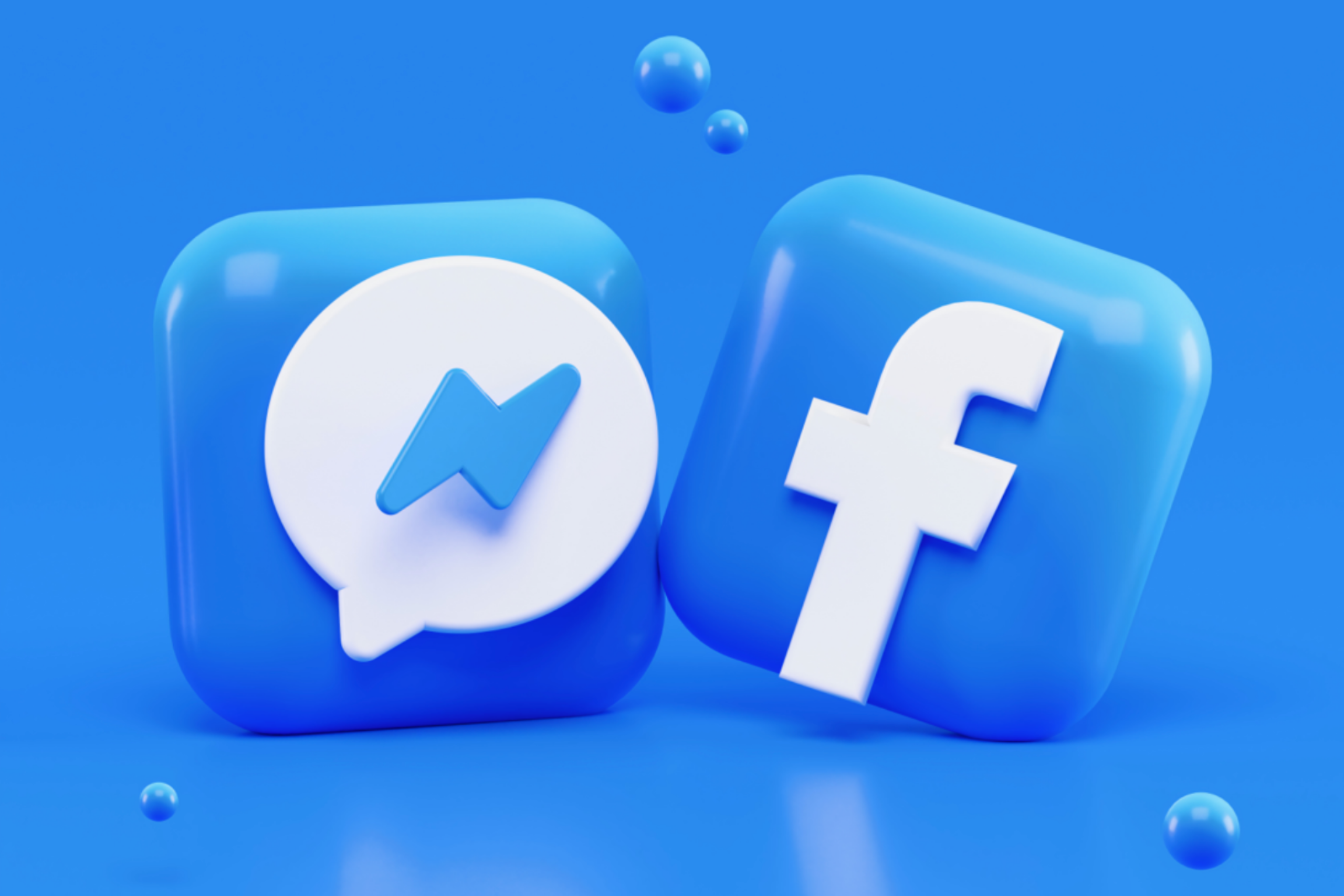

Facebook is the parent company of Instagram, WhatsApp, Facebook (the social site), and Oculus VR. Recently, there have been many rumors storming the internet suggesting that Facebook could change the name of its parent company. The announcement of this new name is expected at the company’s annual connect conference that will take place on 28th October 2021.
With a new name, Facebook (the social site), Instagram, and the other platforms currently under Facebook (the company) will now be managed by another Umbrella company. We have already seen this happening with other companies, including Google’s rebrand to Alphabet Inc in 2015 and Snapchat to Snap Inc in 2016.
We also saw Apple rebrand from Apple Computer to Apple Inc in 2007, when Steve Jobs wanted people to see Apple as a company that offers tech solutions and not just a computer company.
Currently, the new name that we expect Facebook to reveal is known by just a handful of people internally. Even some of the senior executives at Facebook don’t know what to expect. However, most people hope the name to have something related to Horizons.
Facebook has not yet made an official statement about this rumor, so the reason for this change is still unclear. However, the most apparent reason for this change is to make the company’s intention clear to everyone; Facebook wants to be more than just a social media company that we know today. They want to be looked at as a tech company with the potential to disrupt any industry using its tech innovations.
The company already has over 10,000 employees building consumer hardware devices, including AR/VR glasses. Mark Zuckerberg, the current CEO of Facebook, believes VR and AR will soon become a big thing, and the only way of making this a reality is by creating the best VR/AR hardware to take advantage.
In July 2021, Mark Zuckerberg said he wants Facebook to be looked at as a Metaverse company. Metaverse refers to some form of digital reality that integrates aspects of social media, digital reality, Augmented Reality (AR), Virtual Reality (VR), and cryptocurrencies. Facebook intends to venture into all these technologies to allow users to do much more virtually beyond texting and sharing images.
The rebrand could also take some pressure off Facebook due to the privacy-related scandals they’ve heard in the last decade. Facebook is no longer that “darling brand” that everyone loved during its early days. Thus, changing the name to something different could rejuvenate the brand popularity they enjoyed during their first 5 to 10 years in the tech business.
Digital Culture
What Do Gen Z Need to Know About Online Casino Games?


It wasn’t so long ago that online gambling and casino games were illegal across the US. Gen Z is likely to be the first to live most of their adult lives in a world where they can legally bet real money on games like poker and on sporting events. The change is happening slowly but it is inevitable at this point.
Gen Z have largely been left to figure out the ins and outs of online gaming on their own, but what do they need to know before they get started?
Sports Betting is Huge.
Ever wonder who benefits from some of the strange promotional boxing events that keep popping up? Sure, the boxers get a decent paycheck, but the real money is in the betting that happens on the side. Many states have legalized sports betting in the past few years, opening up a whole new side of the gaming industry. Expect to see more and more sites pop up to help Gen Z explore this new frontier of gambling as it becomes readily available in more states.
Online Poker is Making a Comeback.
Nevada, Pennsylvania, Delaware, New Jersey, and Michigan are the only states that have legalized online poker right now. But the matter is being discussed in several other states, and just a few years ago, Nevada and New Jersey were alone. Of course, we’re still not to the levels we were at pre-2011 when online poker played with real money was banned, but it seems that the industry is slowly recovering.
Depending on how the wind blows, this could be an excellent opportunity to get in early when it does arrive in your state. It may take several more years to reach the player levels we were at in the poker boom of the 00s, but that does seem to be the direction its headed now.
Other Games Won’t Be Far Behind.
Poker is the most popular game to play online, but it often leads to people trying a wider variety of games. Slots as well as other table games like blackjack are likely to follow on sites that offer sports betting or online poker. This creates the possibility for complete online casinos to pop up across the web and, with them, the chance for the industry to really find its footing.
What will online casinos look like in the future? That really depends on how the industry is willing to change. It is unlikely that physical venues will be replaced entirely but it wouldn’t be a stretch to expect sites to carry the brands of well known and established venues like Caesars’ Palace or The Bellagio into the digital world.
The Future Looks Different.
The future of online casinos will be full of innovation. With this much money to be made, brands will start to fight for customers, taking advantage of how new tech continues to drop in price. It wasn’t long ago when VR goggles were reserved for the most dedicated of fans, but now they’re becoming more and more commonplace. The same is happening with AR glasses. Expect online casinos to become fertile ground for cryptocurrency, which is thriving at the moment.
The casino industry is notoriously slow to change and adapt, but the events of the past few years have given them more cause to embrace emerging technologies.
Much of the online casino industry will be left up to Gen Z to explore on their own. It is important to approach these changes with caution, but they represent an exciting realm of online entertainment. We all just have to wait to see how quickly those changes come about.
-



 World4 years ago
World4 years agoArtificial Intelligence in the Modern World
-

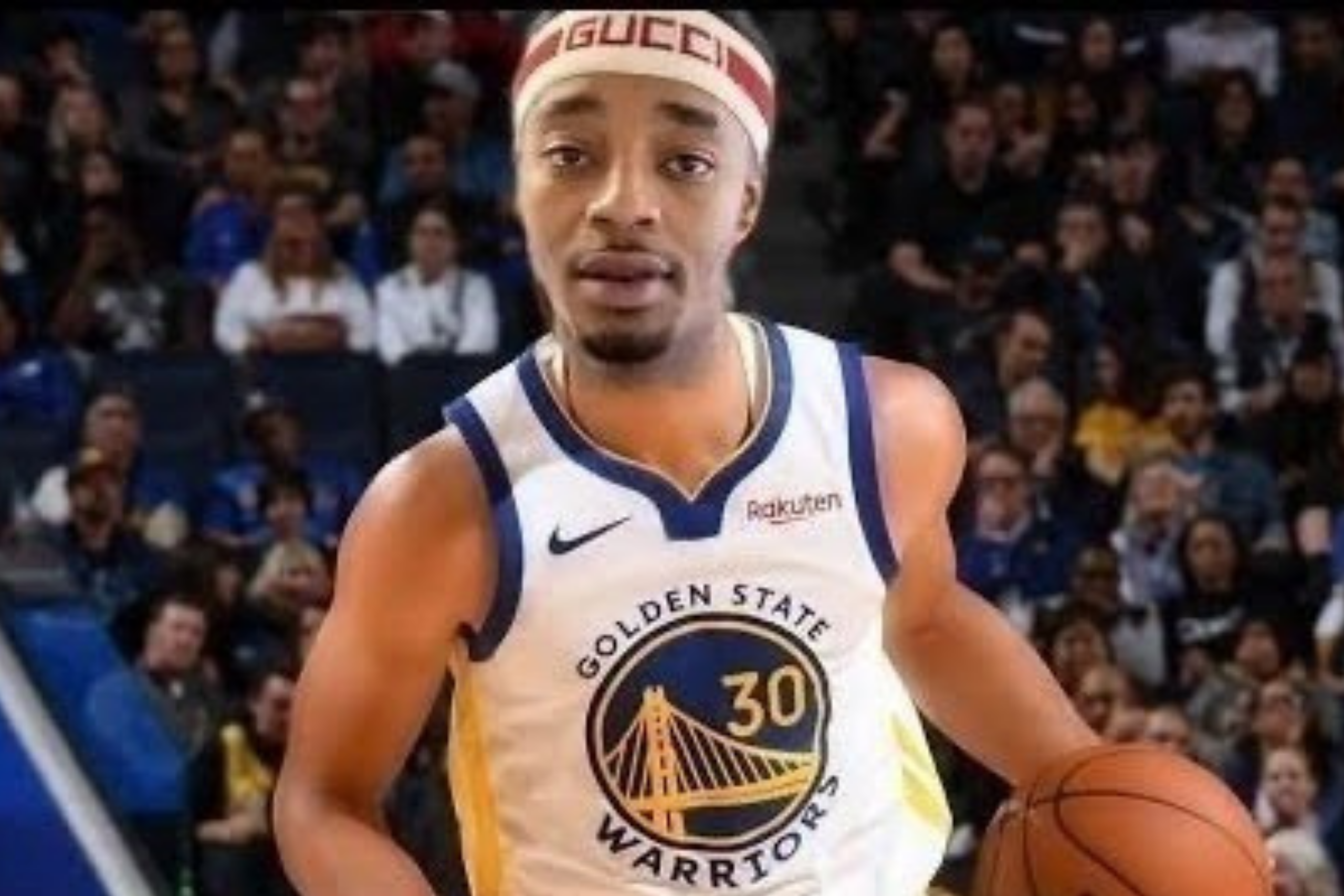

 Spzrts4 years ago
Spzrts4 years agoWhat’s the Hype Around FlightReacts?
-



 Genfluencer4 years ago
Genfluencer4 years agoHow StevoLuddy Uses TikTok to Further Pursue His Passion
-



 Genfluencer4 years ago
Genfluencer4 years agoHow Rowan Winch Makes Thousands From His Phone
-



 Digital Culture4 years ago
Digital Culture4 years agoThe Effects of Social Media on the iGen (Generation Z)
-

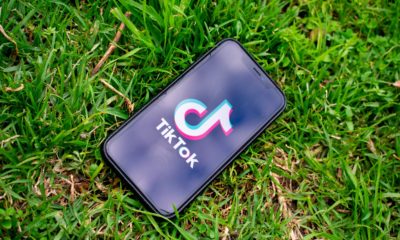

 Digital Culture4 years ago
Digital Culture4 years agoHow to Navigate TikTok with Adam Meskouri
-



 Business3 years ago
Business3 years ago5 Tips for Starting a Limited Liability Company
-



 Digital Culture3 years ago
Digital Culture3 years agoWhy YouTuber Niko Omilana Is Running For Mayor

